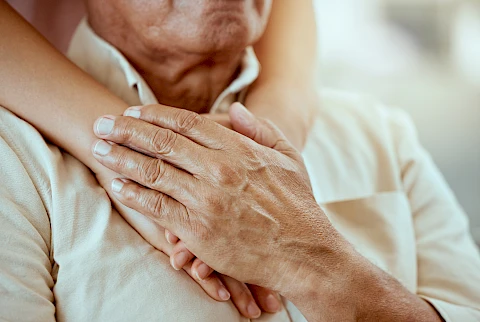
May is Stroke Awareness Month, a critical observance for the elderly. Stroke, a life-altering medical emergency, is one of the leading causes of disability and death among seniors. The symptoms can strike suddenly and escalate quickly, often leaving precious little time for a response. Awareness of the early signs of a stroke is, therefore, crucial in preventing devastating outcomes.
Understanding Stroke
A stroke is a medical emergency where blood flow to the brain is disrupted, either due to a blockage or a bleed. This lack of blood flow causes brain cells to die, potentially resulting in permanent damage or even death. Strokes can be particularly devastating to seniors, who may already have weakened health. With early detection and prompt treatment, it's possible to minimize damage and improve outcomes.
Warning Signs of a Stroke
Among the most common warning signs of a stroke is a sudden onset of numbness or weakness, often noticeable on one side of the body, particularly in the face, arm, or leg. Seniors might find they can't move their arm or leg, or their smile appears uneven.
Another warning sign that is quite common is sudden confusion or trouble speaking or understanding speech. You might notice a loved one having difficulty understanding what you're saying, or they may be unable to articulate their thoughts. Their speech could be slurred or entirely nonsensical.
Then there's the sudden, severe headache, often described as the worst headache ever experienced. It can occur without any known cause and is often accompanied by dizziness, vomiting, or altered consciousness.
Some seniors might experience less typical symptoms, such as sudden trouble seeing in one or both eyes, sudden trouble walking, dizziness, or sudden, unexplained falls. These symptoms should not be ignored.
The Importance of Acting F.A.S.T.
When it comes to stroke, time is critical. Delays in treatment can result in lost lives and abilities. Remember the acronym F.A.S.T.:
- F stands for Face: Is one side of the face drooping?
- A is for Arms: Can they lift both arms, or is one arm weak?
- S stands for Speech: Is their speech slurred or confusing?
- T stands for Time: If any of these signs are present, it's time to call 911 immediately.
Stroke Prevention for Seniors
While we can't prevent all strokes, there are steps seniors can take to lower their risk. These include maintaining a healthy diet, exercising regularly, quitting smoking, and moderating alcohol intake. Regular medical check-ups are also vital as they help detect high blood pressure, diabetes, and other conditions that can increase stroke risk.
Get Help and Support for Seniors at Home
At Senior Helpers, we are committed to the well-being and safety of seniors in Knoxville, Maryville, Clinton, and Loudon. We offer a range of services designed to assist seniors in maintaining good health, managing their medical conditions, and living their best lives. We are here to support not only the seniors but also their families, providing help and peace of mind.
Whether you or a loved one have had a stroke and need more support at home or want to make sure that there is someone on hand to enhance quality of life, reach out to Senior Helpers Greater Knoxville. Together, let's work towards a healthier, safer life for our seniors.